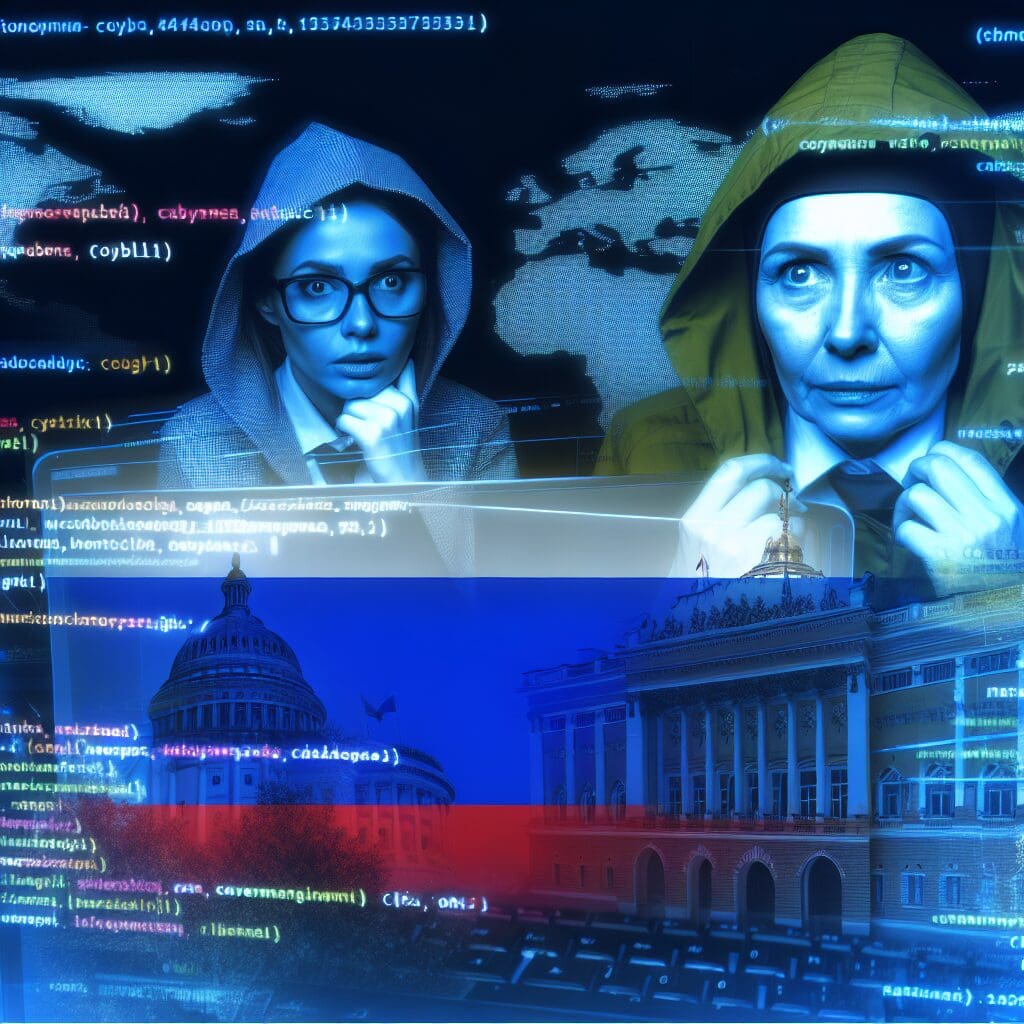Russian hackers are extending their reach, targeting Kremlin critics worldwide through advanced cyber espionage campaigns. Recent research highlights a systematic approach to infiltrate the digital lives of opposition figures and foreign officials, reflecting the ongoing battle for influence in the geopolitical landscape.
One prominent example came to light when a wave of phishing attacks targeted various activists and journalists critical of the Kremlin. These deceptive tactics involved sending legitimate-looking emails that persuaded recipients to disclose personal information or download malicious software. The sophistication of these attacks demonstrates the strategic intent behind the operations, aiming to undermine critics by compromising sensitive data.
Moreover, the use of customized malware indicates a tailored approach. Several cyber investigators have noted that malware has been specifically designed to exploit vulnerabilities in widely-used software, allowing hackers to maintain persistent access to the affected systems. Notably, a faction known for its affiliation with Russian intelligence has been linked to these operations, raising concerns about the implications for cybersecurity on a global scale.
As the digital arms race intensifies, it is crucial for individuals and organizations to adopt robust cybersecurity measures. Implementing multi-factor authentication, regular software updates, and cybersecurity training can significantly mitigate the risks posed by such sophisticated cyber threats. In a landscape where information is power, securing digital assets is no longer optional; it has become a necessity for those in the crosshairs of political animosity.












